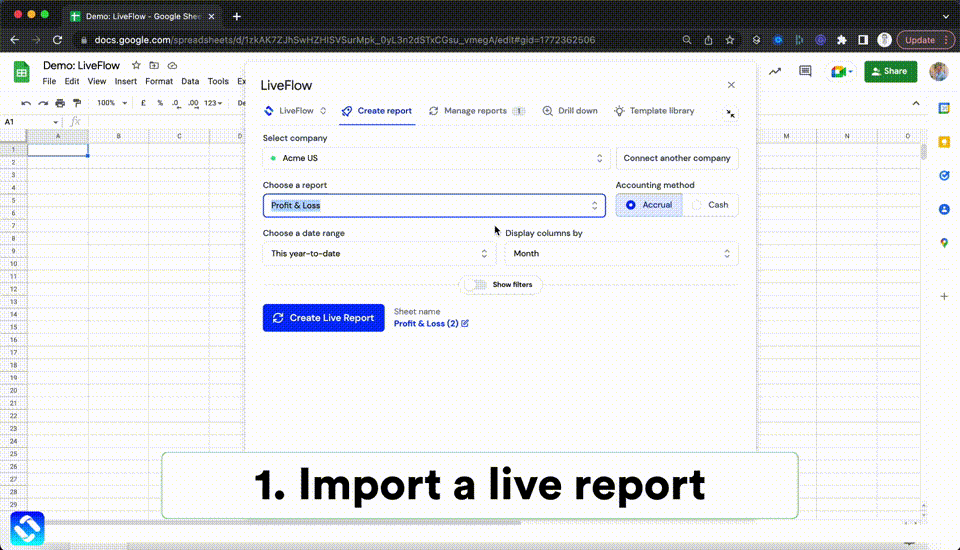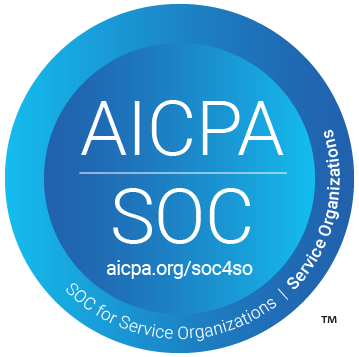In accounting, the cost principle is one of the basic underlying guidelines. This principle states that assets and liabilities are recorded at their historical cost.
This means that the cost of an asset at the time it was acquired is used to calculate its value on the balance sheet. The cost principle is also known as the historical cost principle or the measurement cost principle.
In this article, we'll be discussing the cost principle in more depth. We'll cover what is cost principle in accounting, why it's important, and how it's used. After reading this article, you should have a good understanding of the cost principle and its role in accounting.
What is meant by cost principle?
So, what exactly is the cost principle? The cost principle is the guideline that assets and liabilities should be recorded at their original cost. This cost is typically the cash paid or the fair market value of the assets exchanged when they were acquired.
The principles of costing are important because they provide a way to measure an asset's value that is objective and free from personal biases. It also makes financial statements more consistent and comparable between businesses.
There are some exceptions to the cost principle, such as when an asset is impaired or has been revalued. However, in general, the cost principle should be followed when recording assets and liabilities in financial statements.
What is cost principle and example?
The cost principle is the accounting rule that requires assets and expenses to be recorded at their historical cost. This cost is typically the cash paid or the fair market value of the assets exchanged when they were acquired.
For example, if a company buys a piece of equipment for $100,000, the cost principle would require that this equipment be recorded on the balance sheet at $100,000. The cost principle is important because it provides a consistent and objective basis for valuing assets and expenses.
Another example might be if a company spends $50,000 to develop a new software program. The cost principle would require that this cost be recorded as an expense in the period it is incurred.
How is the cost principle used?
The cost principle is used in accounting to determine the value of assets and expenses. This principle is important because it provides a consistent and objective basis for valuing assets and expenses.
For example, if a company buys a piece of equipment for $100,000, the cost principle would require that this equipment be recorded on the balance sheet at $100,000. The cost principle is also used to determine the value of expenses.
The cost principle is one of the most important principles in accounting and is used in conjunction with other principles, such as the matching principle, to create accurate financial statements.
What are some examples of the cost principle?
Some examples of the cost principle include:
● Historical cost - the cost of an asset at the time it was acquired, which is the price paid plus any directly attributable costs
● Replacement cost - the cost to replace an asset at its current value and is used when an asset is deemed to be impaired
● Opportunity cost - the cost of foregone opportunities, such as the cost of not investing in a particular project, which is often used in decision-making to choose the best option
● Sunk cost - a cost that has already been incurred and cannot be recovered, such as the cost of a failed business venture
● Fair value - the price that would be received to sell an asset in an orderly transaction between market participants at the measurement date
The cost principle is an important part of accounting and helps to create accurate financial statements. By understanding the cost principle, you can make better decisions about your business finances.
What are the other principles of accounting?
The cost principle is just one of the basic principles of accounting. The other principles are:
The revenue recognition principle
The revenue recognition principle is the basic rule that revenues are only recognized when they are earned. This means that businesses should not record revenue until they have actually earned it.
The reason this principle is important is because it ensures that businesses only record revenue when they have actually received the money. This helps to create accurate financial statements.
The cost principle
The cost principle says that businesses should only record assets at their original purchase price. This means that businesses should not try to artificially inflate the value of their assets. The cost principle is important because it ensures that businesses are only recording assets at their true value.
The accrual principle
The accrual principle says that businesses should record expenses and revenues when they are actually incurred, not when they are paid. This means that businesses should not wait to record expenses until they have actually paid for them. The accrual principle is important because it ensures that businesses are recording their expenses and revenues in the proper period.
The matching principle
The matching principle says that businesses should match expenses with the revenues they generate. This means that businesses should only record expenses when they have actually incurred them.
Additionally, businesses should match expenses with the corresponding revenues in the same period. This means that businesses should not record expenses in one period and then record the corresponding revenues in a different period.
The matching principle is important because it ensures that businesses are recording their expenses and revenues in the same period.
The duality principle
The duality principle is closely related to the cost principle. The duality principle says that every transaction has two sides.
For example, when a business sells a product, there are two sides to the transaction: the revenue side and the expense side. The revenue side is the income generated from the sale of the product. The expense side is the cost of the product that was sold.
The duality principle is important because it ensures that businesses are recording both the revenue and the expense sides of every transaction. This helps to prevent businesses from overstating their income or understating their expenses.
The objectivity principle
The objectivity principle is another important principle in accounting. This principle requires that all transactions and events be recorded in a fair and unbiased manner. This means that businesses should not try to manipulate their financial statements in order to achieve the desired result.
The conservatism principle
The conservatism principle is another important accounting principle. This principle states that businesses should record their assets and liabilities at their current market value. This principle is important because it helps businesses to avoid overstating their assets or understating their liabilities.
Why are these principles important to effective accounting?
The principles of accounting are important because they provide guidance on how businesses should record and report their financial information. These principles help to ensure that financial statements are accurate and reliable.
For example, by using the cost principle, businesses can be sure that their assets are accurately stated. This helps to ensure that the financial statements do not overstate the value of the business.
The conservatism principle is important because it helps businesses to avoid understating their liabilities. This ensures that the financial statements do not understate the true financial position of the business.
The matching principle helps businesses to match their revenues and expenses in the correct period. This ensures that the financial statements accurately reflect the profitability of the business.
By following these principles, businesses can be sure that their financial statements are accurate and reliable. This helps investors to make informed decisions about whether to invest in the business.
How LiveFlow can help
LiveFlow helps businesses consolidate financial data in a streamlined and automated way. This ensures that businesses can easily follow the cost principle and avoid any errors in their financial statements.
Our platform also offers real-time reporting, which gives businesses an up-to-date view of their finances. This allows businesses to make informed decisions about where to allocate their resources.
With the ability to create a live Budget vs. Actuals Dashboard that updates automatically, businesses can track their progress against their budget and make necessary adjustments in real time. This helps businesses to stay on track and avoid overspending.
LiveFlow offers a range of templates to help you set up your financial reports. Simply select the template that best suits your business needs and start tracking your finances today.
To find out more about how LiveFlow can help you manage your finances, book a free demo today.




.png)





